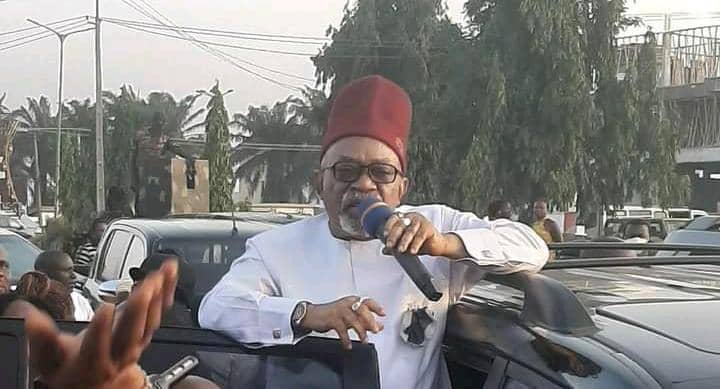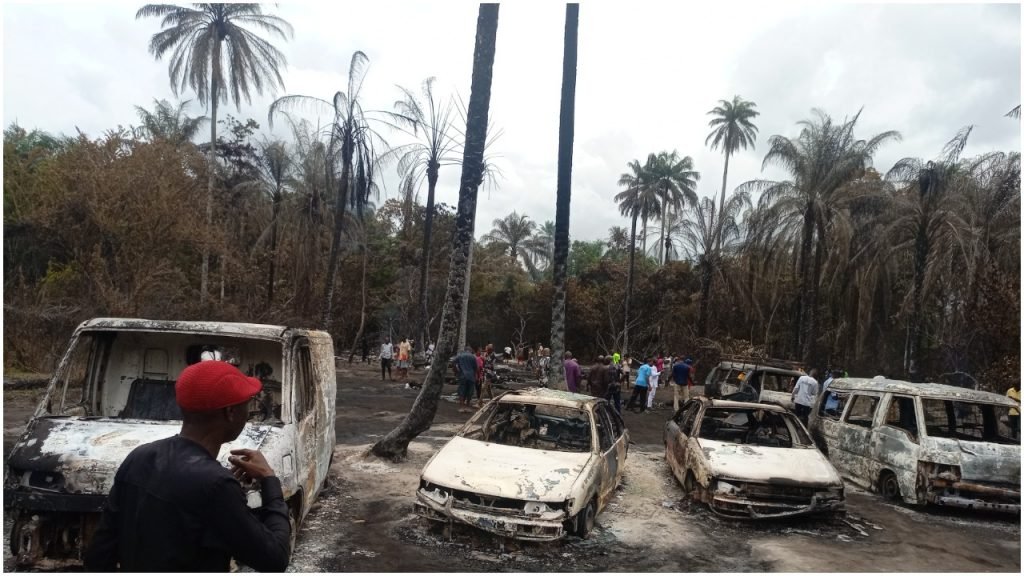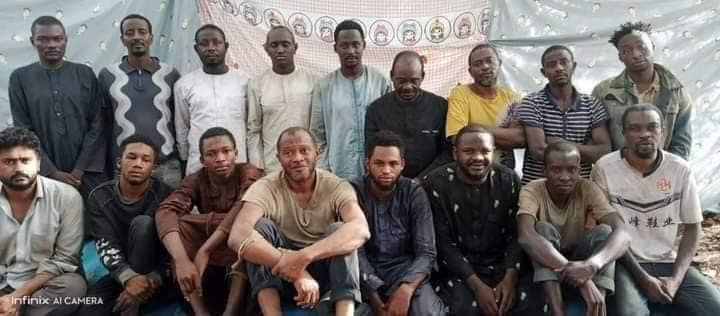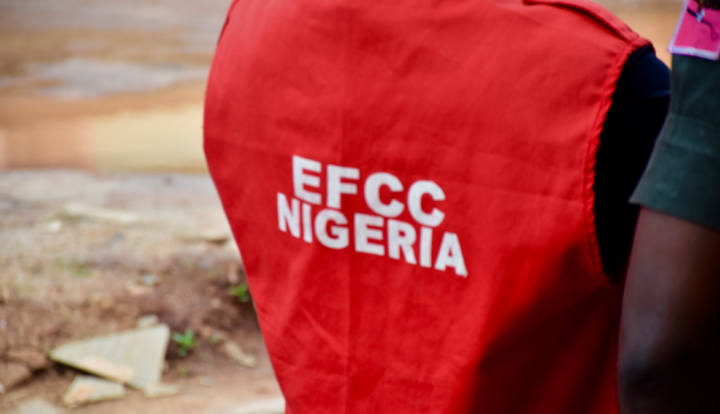BY BABAJIDE FADOJU
In 1997, when the two architects – Rem Koolhaas and Kunlé Adeyemi – set out to rethink Lagos, an African megacity that had been largely abandoned by the government in the 90s, Rem Koolhaas painted a clear picture of Lagos before real developments hit her from the civilians that took over later on.
In his words, “Lagos was looked at as what happens to a society when the state is absent. At that point, the state had withdrawn from Lagos; the city was left to its own devices, both in terms of money and services.
“That, by definition, created an unbelievable proliferation of independent agency: each citizen needed to take, in any day, maybe 400 or 500 independent decisions on how to survive that extremely complex system.”
Advertisement
Indeed, there were times when this mega city we have today as Lagos was a lawless place, filled with appalling slums and a housing deficit, ubiquitous traffic congestion, a high crime rate and ocean surges. But it took one man to say no to underdevelopment and backwardness. It took Asiwaju Bola Ahmed Tinubu to make history in what we have today as Lagos. One which is still a work in progress under the diligent and brilliant name sake of mine, Babajide Sanwoolu.
Succour arrived where it was clamoured for, in the quantity yearned for and with the quality anticipated when Tinubu took over the administration of Lagos in 1999 as her Governor, firing on all cylinder and breaking new grounds like a messiah whose time has come to fulfil prophecies.
A news article published by the BBC News on Saturday, February 20, 1999 titled ‘Lagos hopes for change’ authored by Barnaby Philips referred to Tinubu as the first civilian to run Lagos in 15 years, with international businessmen travelling to far-away Lagos to court him, given his technocratic expertise and experience as a former executive with the Mobil Oil company.
Advertisement
Long before Tinubu assumed the driver’s seat in Lagos governance, the streets of Lagos were red with the blood of innocent civilians, and fear was the order of the day especially as the Operation SWEEP forces engaged to combat crimes and criminals couldn’t differentiate between criminals and civilians.
It was so bad that the BBC reporter wrote that innocent “civilians were killed by ‘trigger-happy’ security forces.” This was the Lagos Tinubu inherited. This was the Lagos Tinubu dared to work diligently in.
The BBC correspondent saw the difference in Tinubu too, hence their exact words, “Bola Tinubu, the Colonel’s (Buba Marwa) civilian successor who takes over in May, has a different background.”
Beyond the crime scenes and conditions of Lagos at that time was a Lagos littered with rubbish. Even BBC noted this in their report. The report says:
Advertisement
“The realities of Lagos may thwart Mr Tinubu’s ambitious plans; the city is collapsing as fast as it grows, disappearing under a mountain of rubbish.”
The truth is, after the military’s rule in 1999, The realities of Lagos at that time were well encapsulated in the news article and it is no surprise that Tinubu was able to carve out a city where as reported by Quartz Africa, “The United States of America is about to spend more than half a billion dollars on a new consulate general in Eko Atlantic, the four square miles of land in Lagos, disappearing under a mountain of rubbish in BBC’s own words.
“Bold action has been taken before. One huge rubbish incinerator cost millions. It never worked.” It was clear that Tinubu defied their BBC’s gloomy predictions. From all indications, nothing ever worked in Lagos until Tinubu, the man who dared to break new grounds, took over and made things work for good. And he was always prepared at every insistence to tackle the worst.
Records have it that months before he was sworn into office, Tinubu had a transition committee ready, with a clear brief to fashion out short-, medium- and long-term solutions to the myriad of challenges confronting the Lagos he inherited.
Advertisement
Right from his first day in office, he already had a plan of action in form of a comprehensive development blueprint that will not only rebuild Lagos but set it on a path of sustainable growth over time.
It was not just how he set up stellar and exemplary leadership in an era that was dominated by lackadaisical leadership, he prepared Lagos for a series of successive fantastic governance, shaping the state through sheer political willpower and the goodwill of the people.
Advertisement
This will not be the first piece that will herald how this leader of leaders was instrumental in shaping not just the political landscape of Lagos but the entire country. The managerial prowess of the man Asiwaju Bola Ahmed Tinubu did not end in the boardroom, he brought it to the State House in Lagos and he selected A-grade leaders to work with him. The men that Tinubu trusted are still worth their salt in today’s Nigeria, multiplying his plans across several sectors in the country.
Tinubu’s intentional quest for progressive development envisioned the Lekki Free Trade Zone, the $3.5billion Lekki Deep Seaport as a sprawling industrial corridor to revitalize the economy of the state.
Advertisement
The Free Trade Zone is home to the $17 billion Dangote Refinery and Petrochemical Complex and other multinational companies. It was obviously hard work that made Lagos’ GDP rise to over $150 billion within 20 years. What better defines this multi-dexterous bulldozer if not these clear proofs at every corner of Lagos State?
Talk about the Eko Atlantic City, a new international city of commerce, which has been described as one of the top five engineering feats in the world. Eko Atlantic City today is a smart city with the full compliments and trappings of modernity standing on 10 million square metres of land reclaimed from the ocean and protected by an 8.5-kilometre-long sea wall.
Advertisement
What a magnificent way to talk about a “disaster zone” turned into a multi-billion-dollar city of prosperity. Only Bola Tinubu could do this!
No one uses a mirror to view what is held at hand; Bola Tinubu is an idea whose time has come. And like that proverbial child who by the virtue of giving cracked palm nuts to elders over time, should enjoy their protection whenever the stone is in dispute, Tinubu has worked for his success all along, it is thoughtful to say that no time like now makes him more deserved for more!
Add a comment






